Occupied Palestinian Territory has long been a focal point of geopolitical strife, with recent conflicts exacerbating an already dire situation. In the aftermath of October 7, over 1.9 million people, predominantly children, are internally displaced, seeking refuge in UNRWA shelters due to ongoing violence.
Gaza’s health crisis
The Rafah governorate, now the most densely populated area, faces severe overcrowding, leading to disease outbreaks and dire living conditions. The aftermath of winter weather has further worsened the situation, emphasizing the urgent need for regional humanitarian assistance. The health care system in Gaza has been severely impacted, amid outages, damage to numerous hospitals and shortages of medical supplies.

HCI’s intervention
Human Concern International (HCI), a leading global charity based in Canada, has been actively involved in addressing the prolonged protection crisis in the occupied Palestinian territory. For more than a decade, HCI has specialized in challenge-specific solutions, collaborating with local partners to enhance the resilience of vulnerable communities.
Addressing Gaza’s health care crisis
In response to the critical health care situation in Gaza, HCI collaborated with local health professionals to establish a temporary health clinic in Rafah in January 2024.
Rafah clinic highlights

Impact in numbers
Despite challenging circumstances, HCI’s Rafah Clinic in Tul Sultan has recorded significant impacts in the past two months, attending to 23,859 patients. Key impacts include:

HCI persists in addressing health care needs in the occupied Palestinian territory amid the crisis in Gaza. The ongoing impact of the clinic is crucial in sustaining access to critical health care services during challenging circumstances. Actively engaged in the continuous pursuit of a healthier future, HCI’s efforts simultaneously address immediate health care needs and contribute to the potential for long-term resilience and well-being. These initiatives reinforce HCI’s mission to move families from crisis to sustainability.
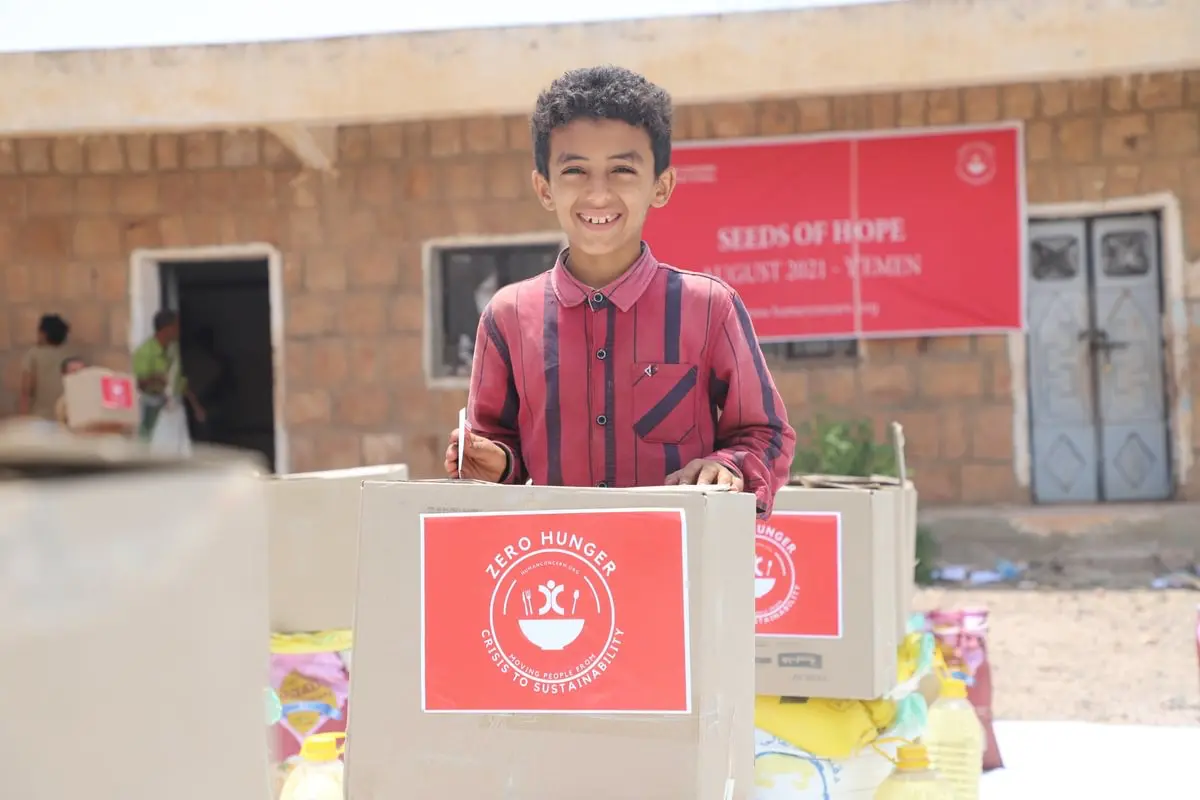
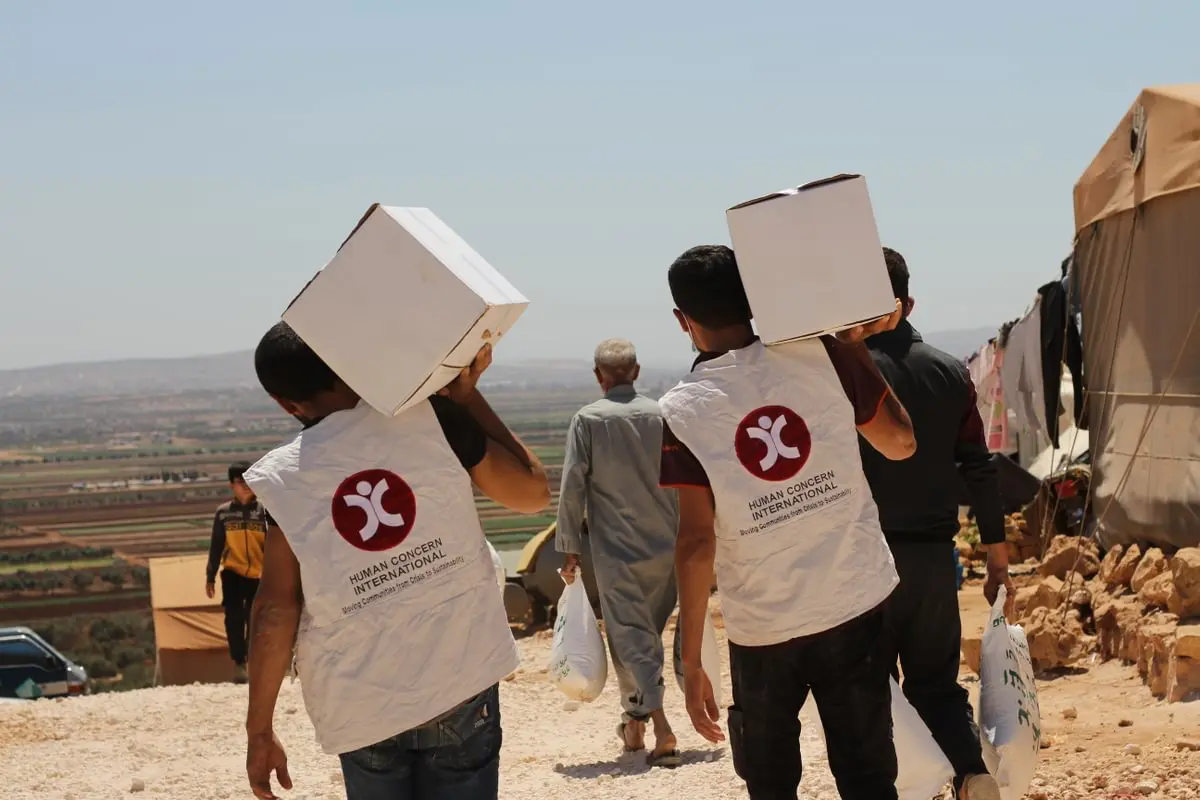
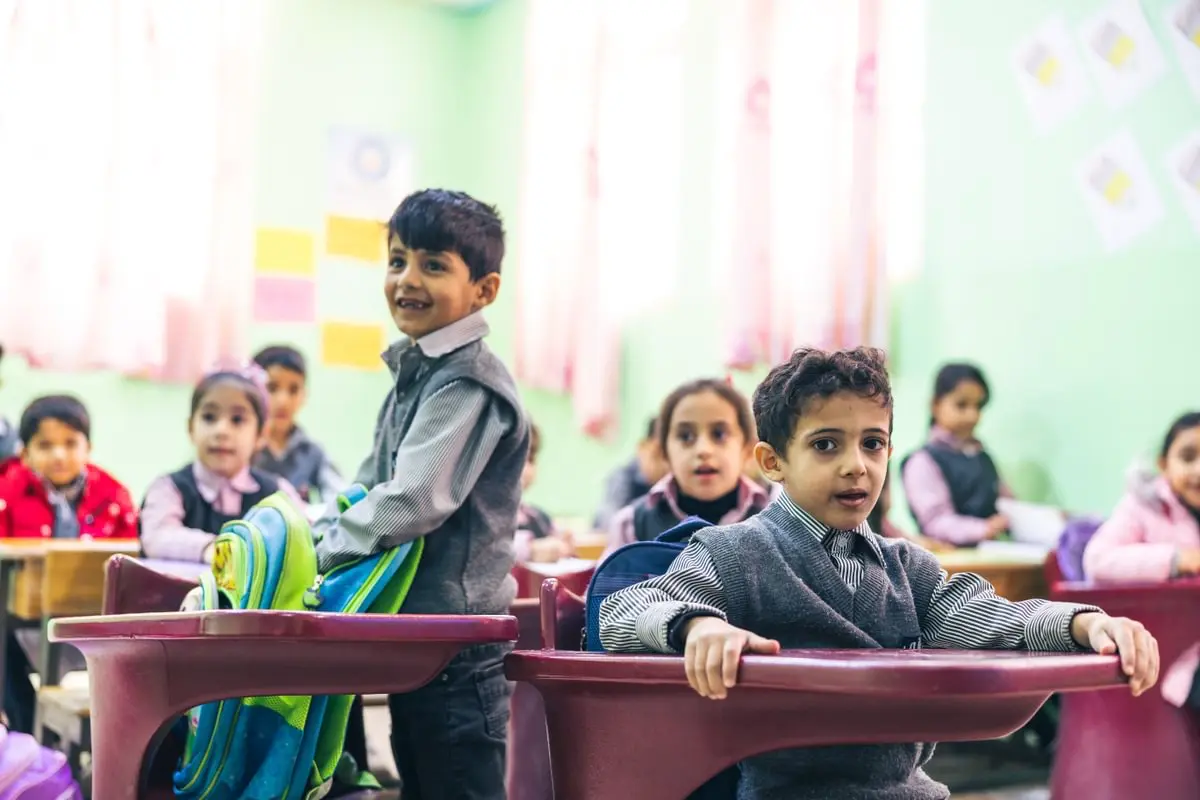
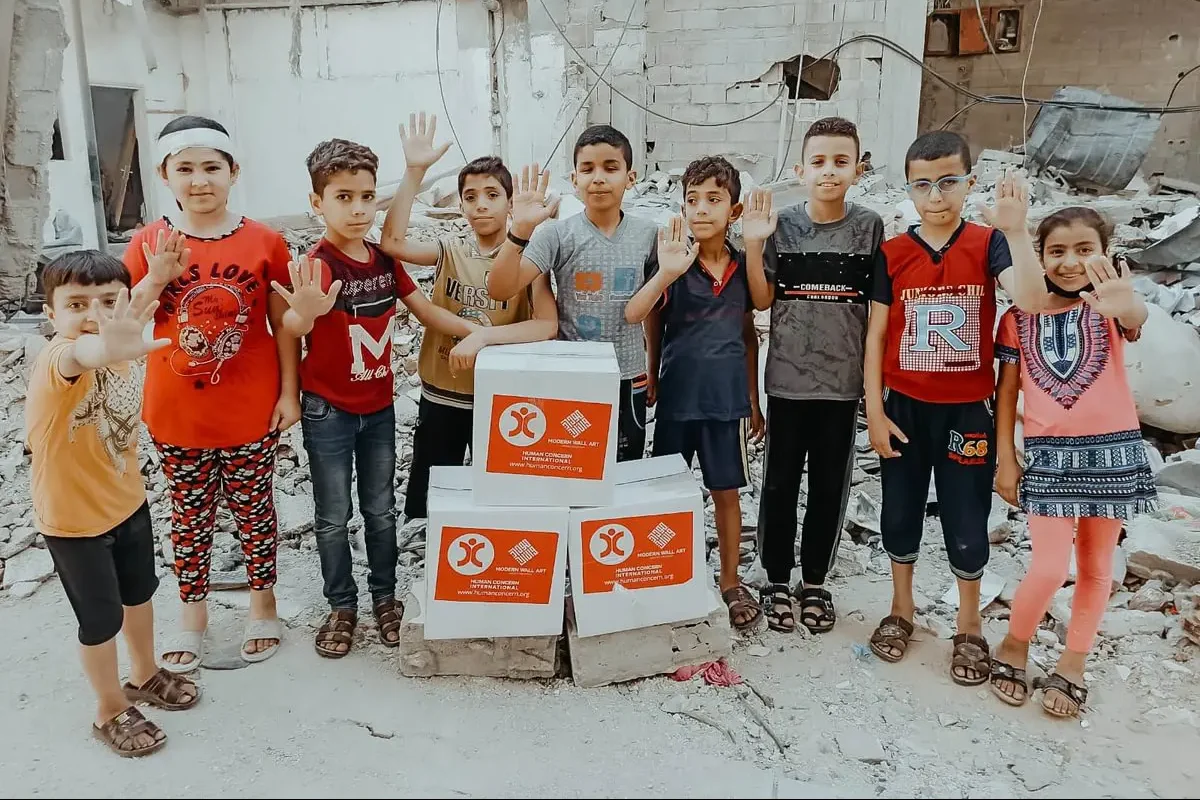
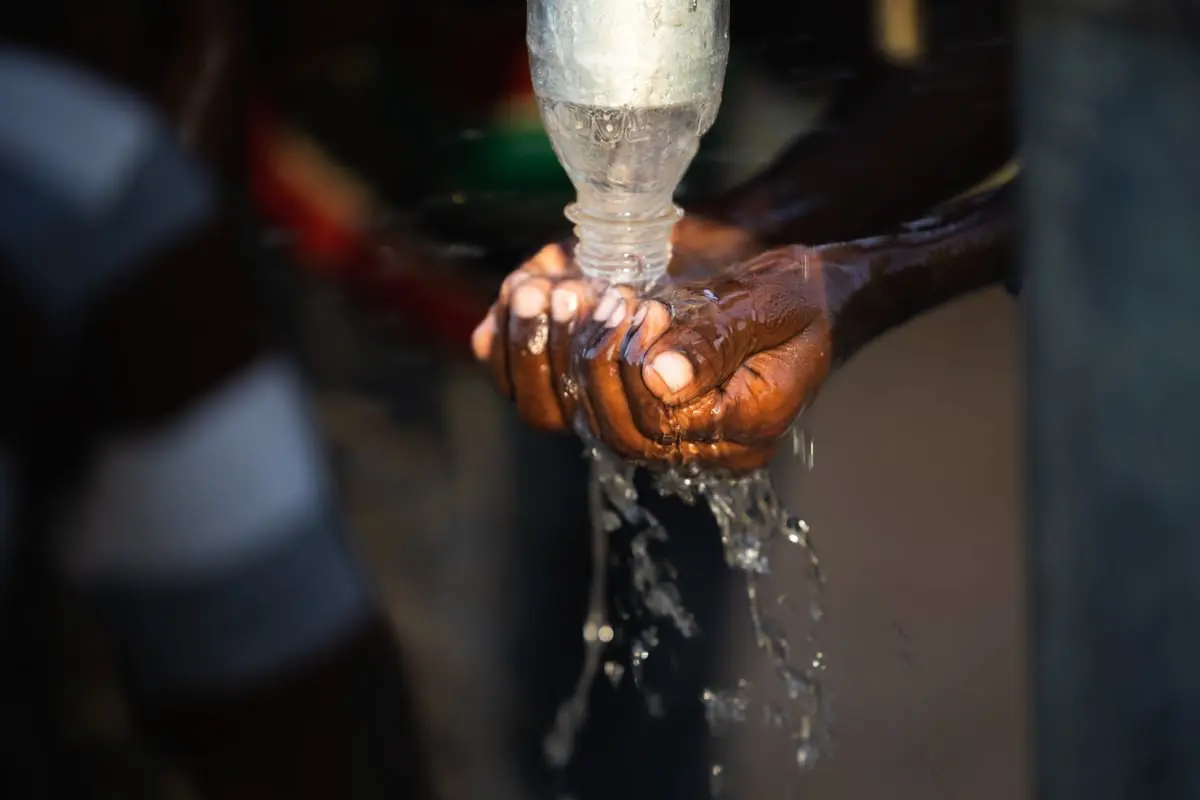
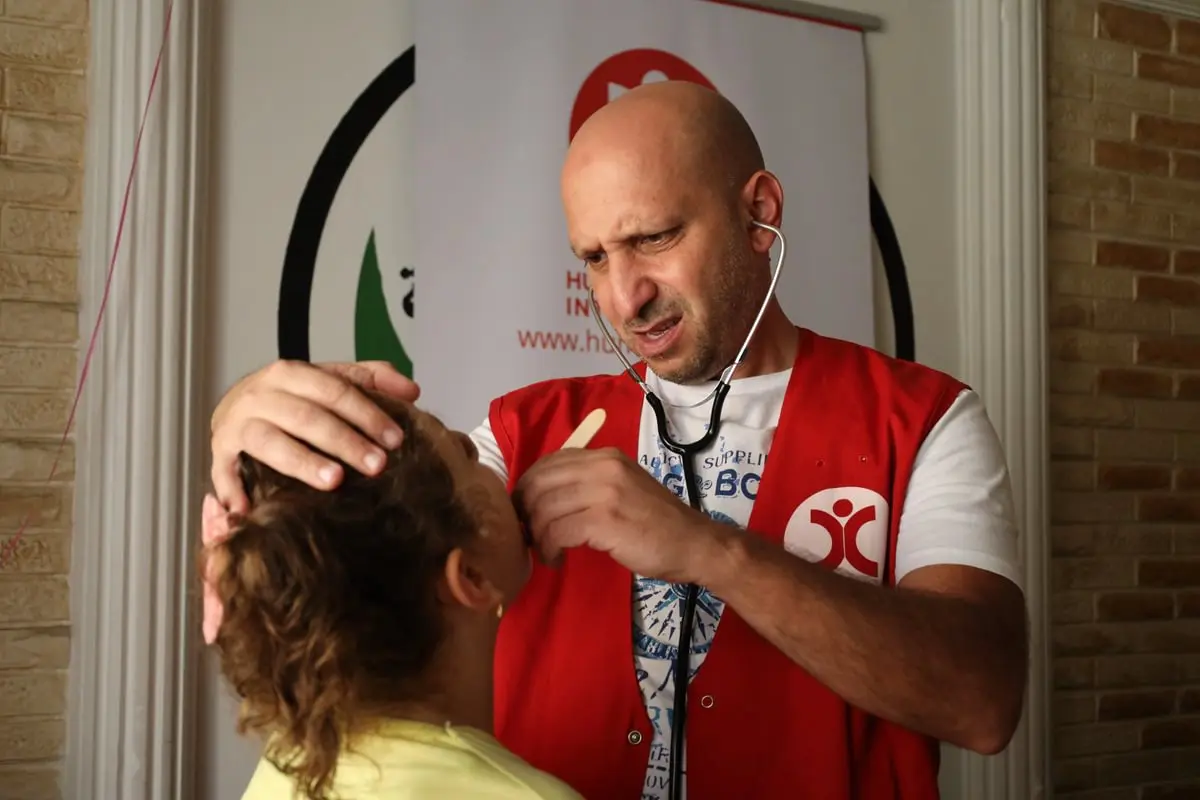
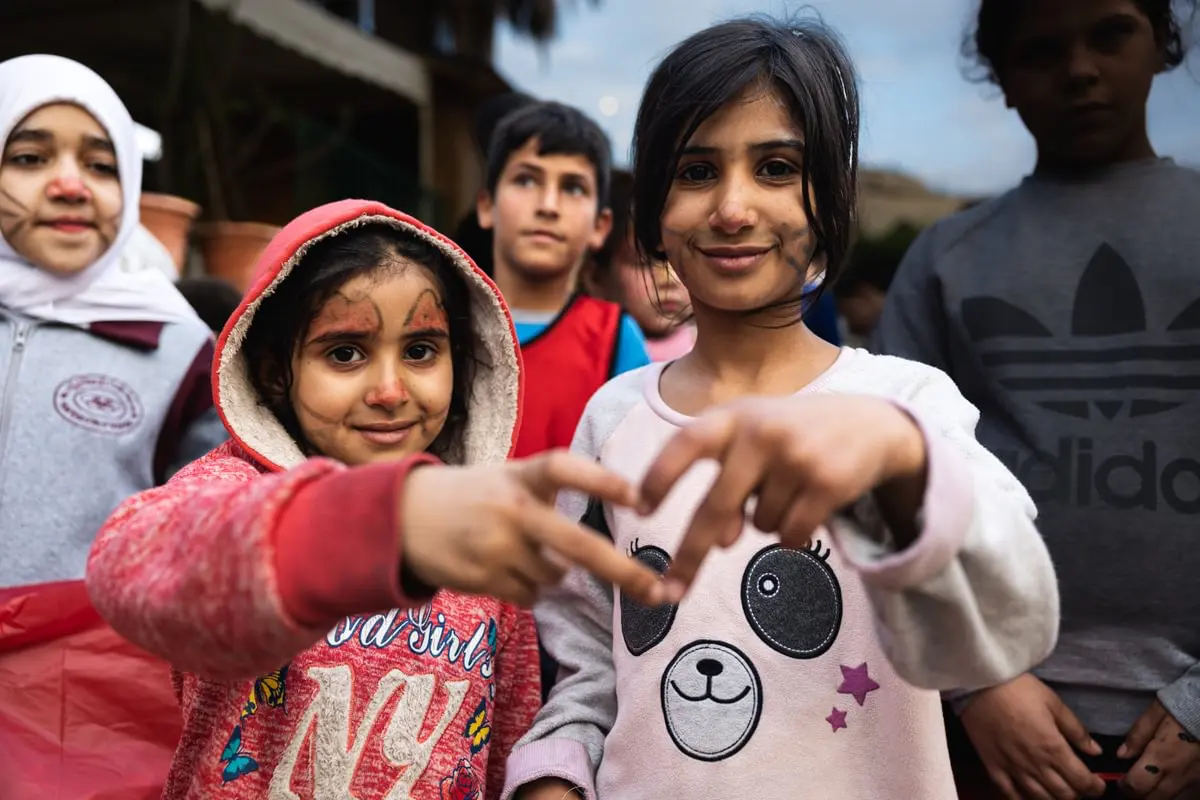
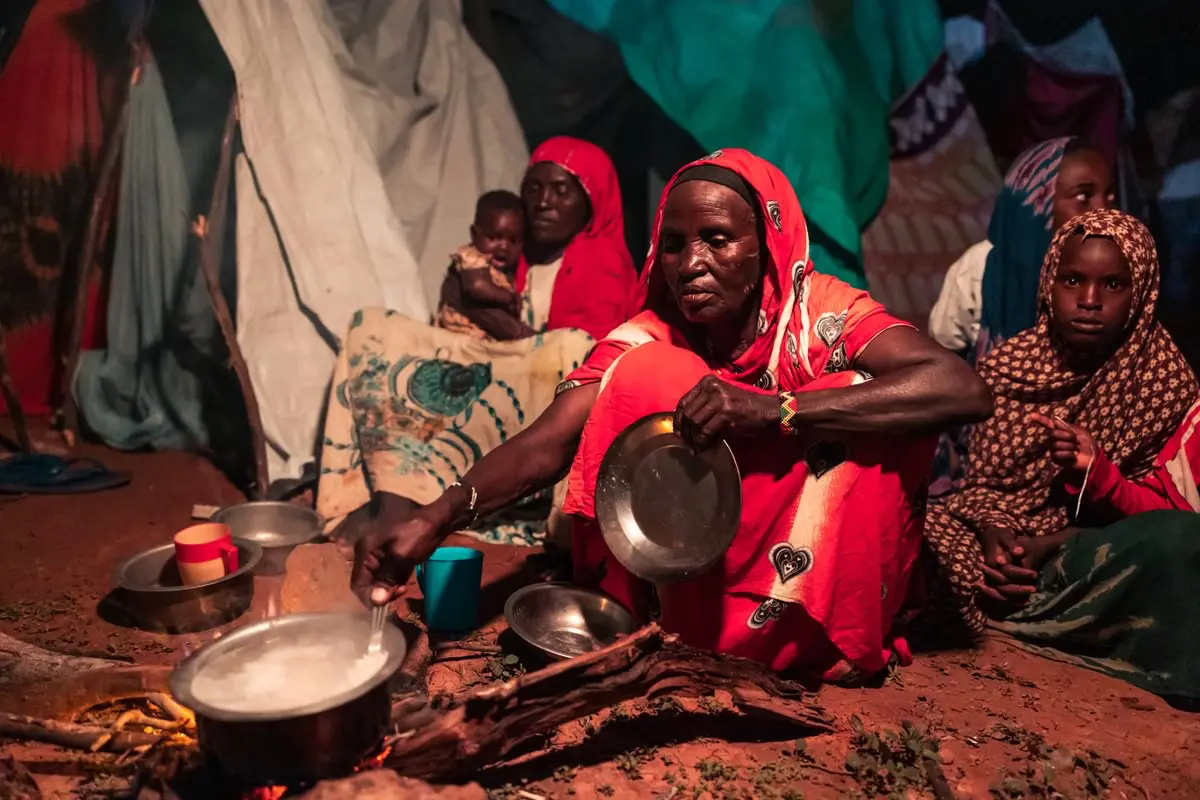
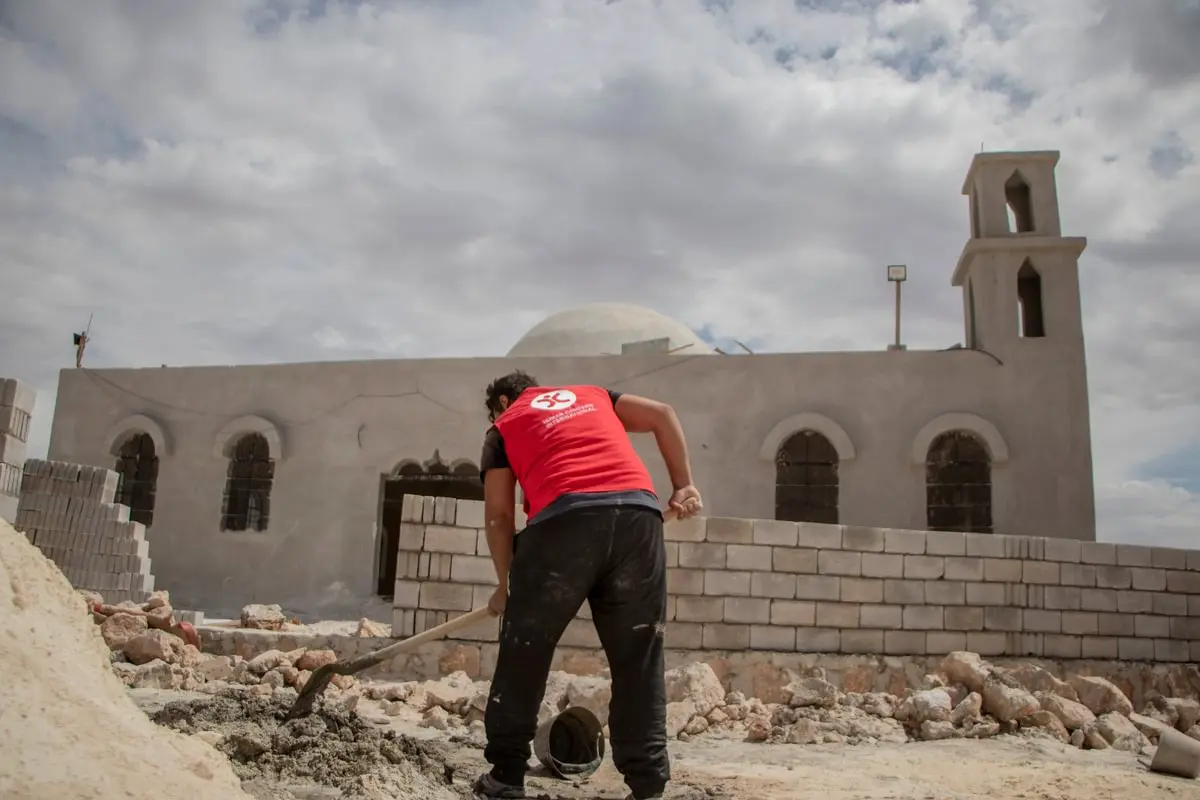
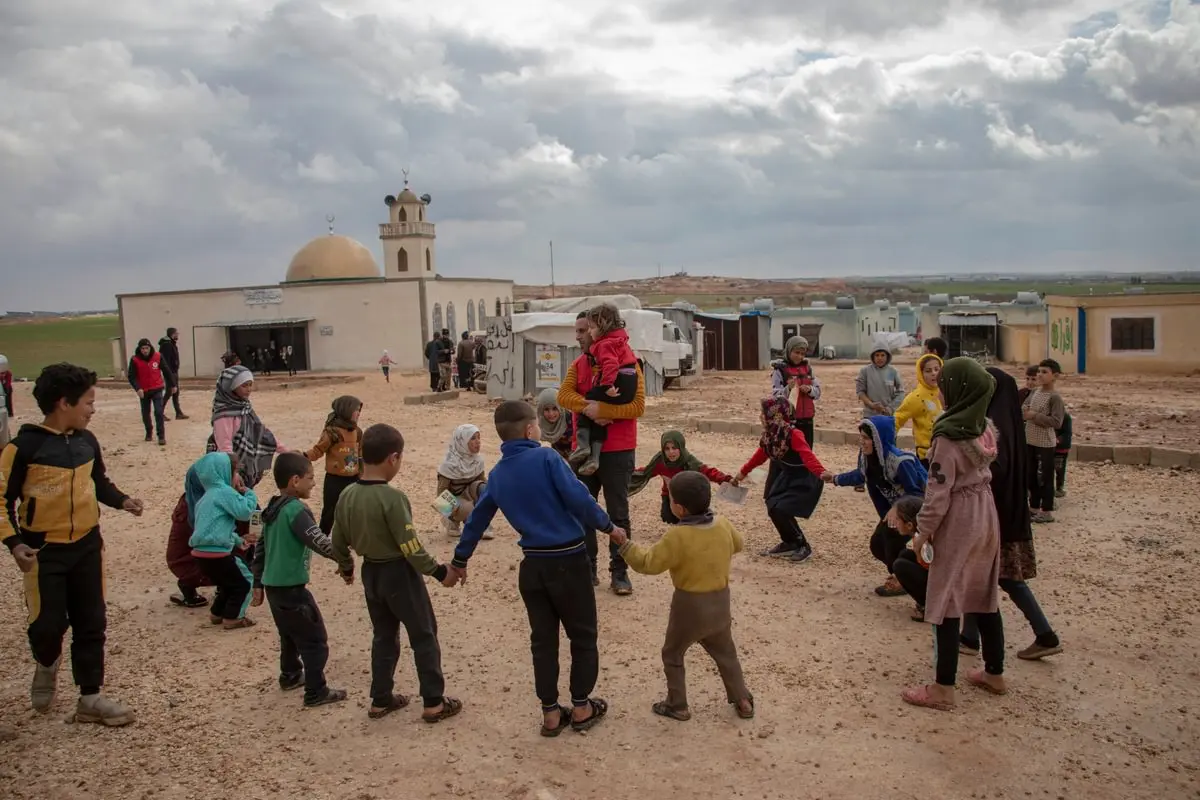
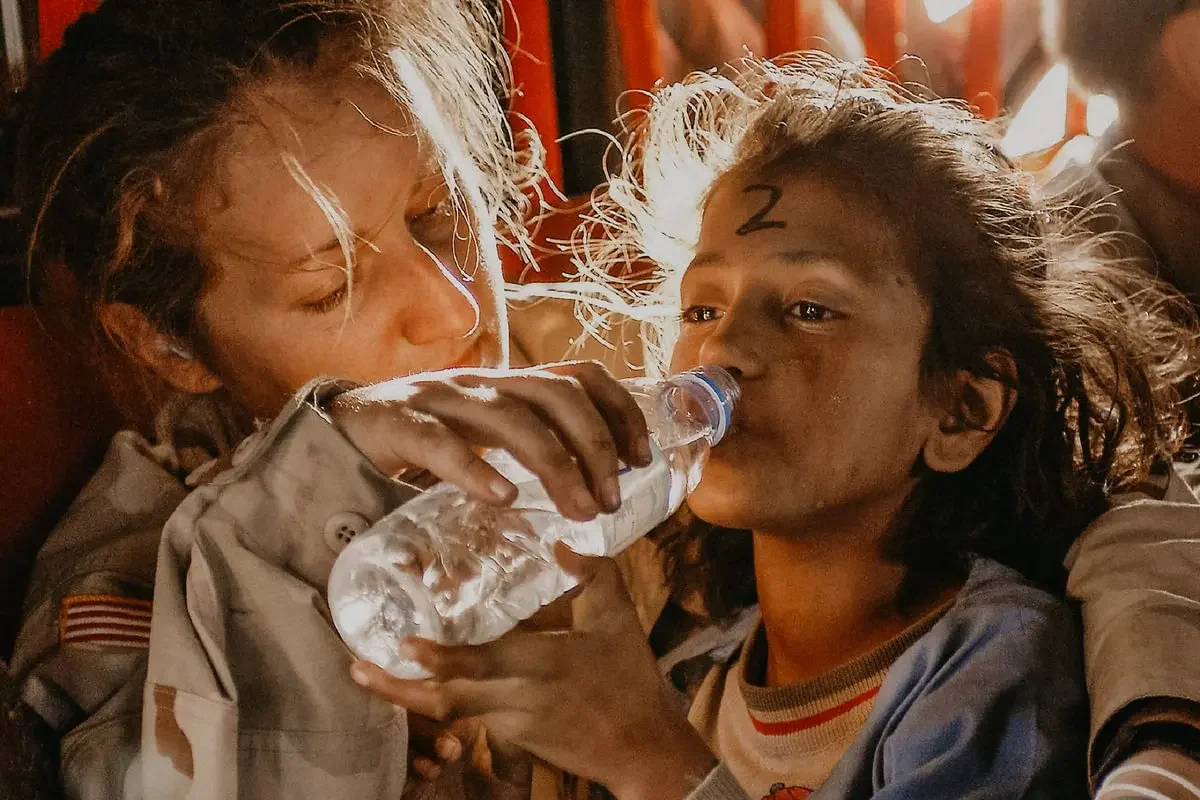
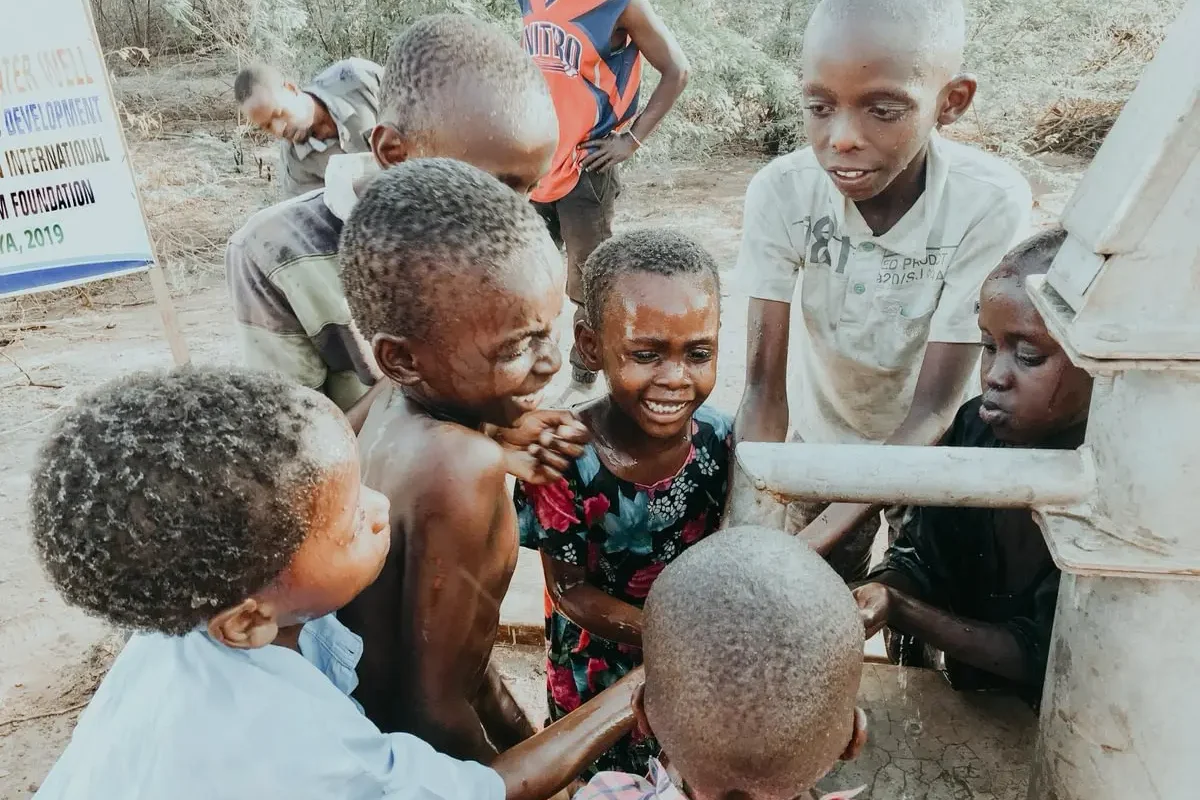
Human Concern International is the oldest Muslim relief organization in Canada, fighting poverty for over 40 years. We are a registered charity with the CRA. Charitable Registration No. 107497125 RR 0001